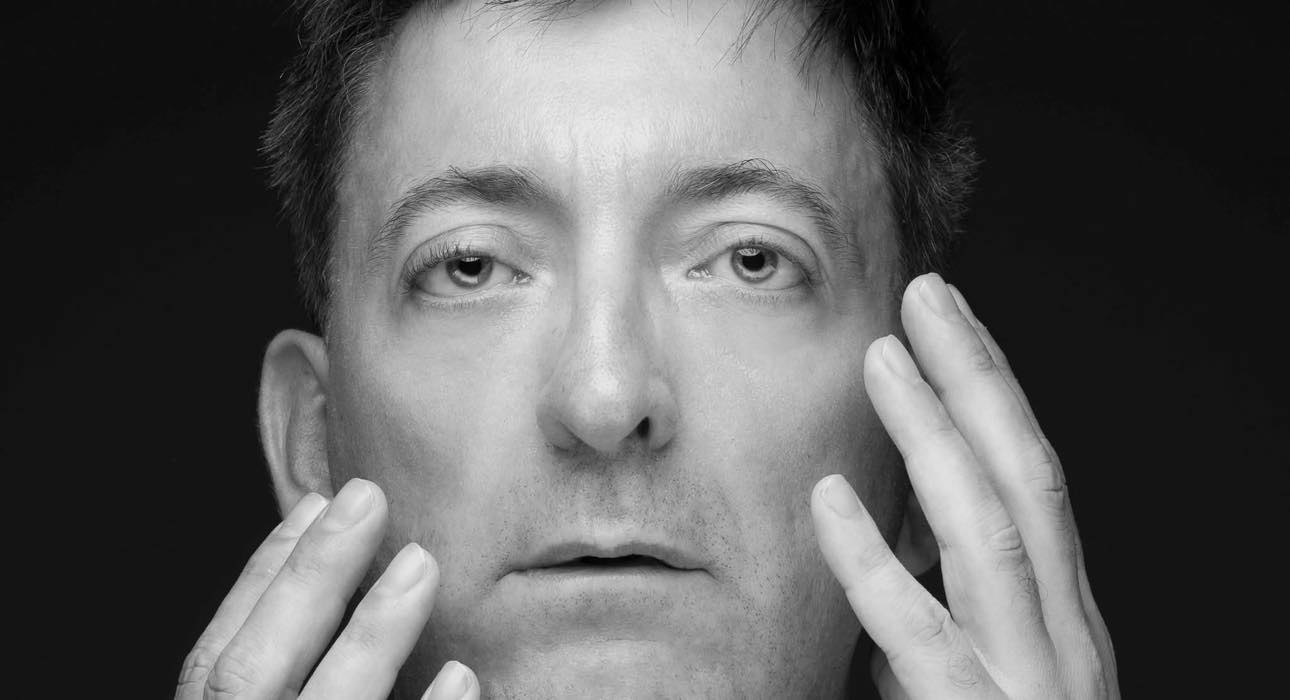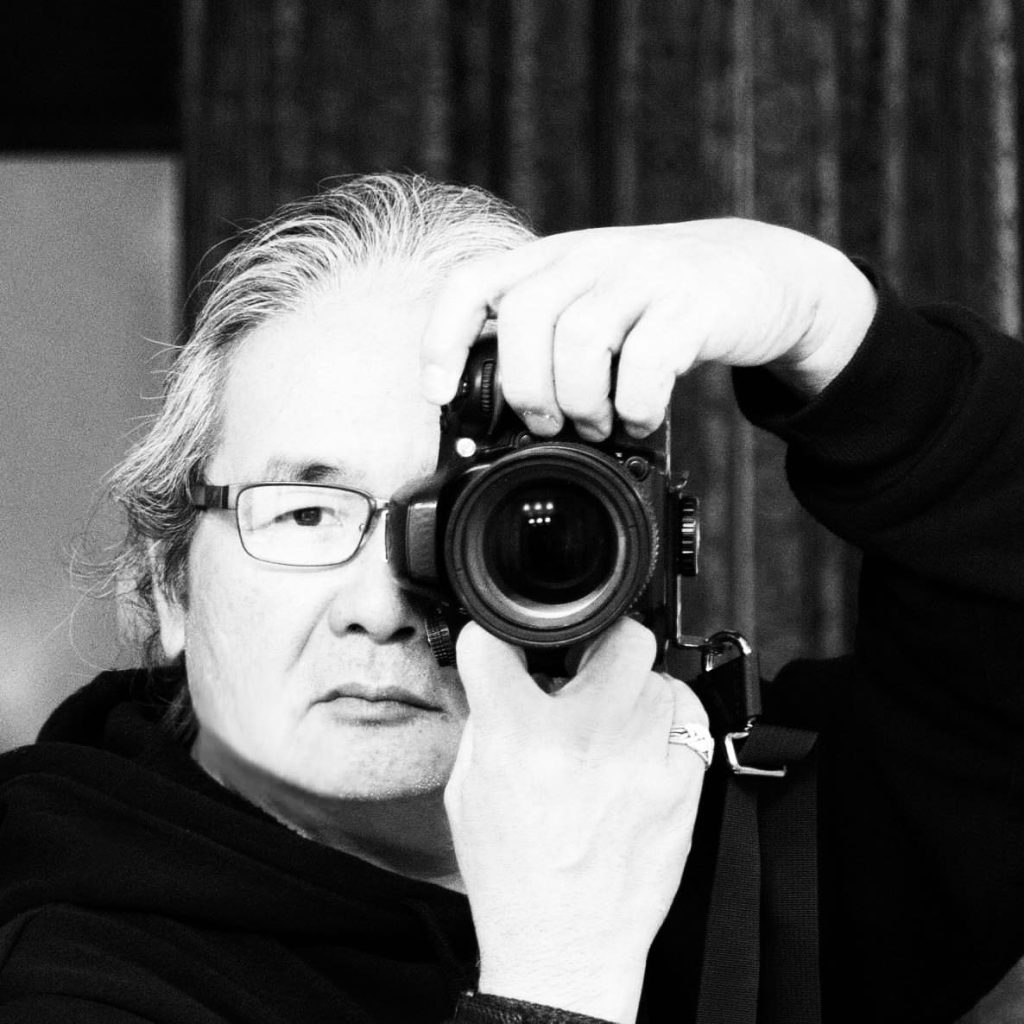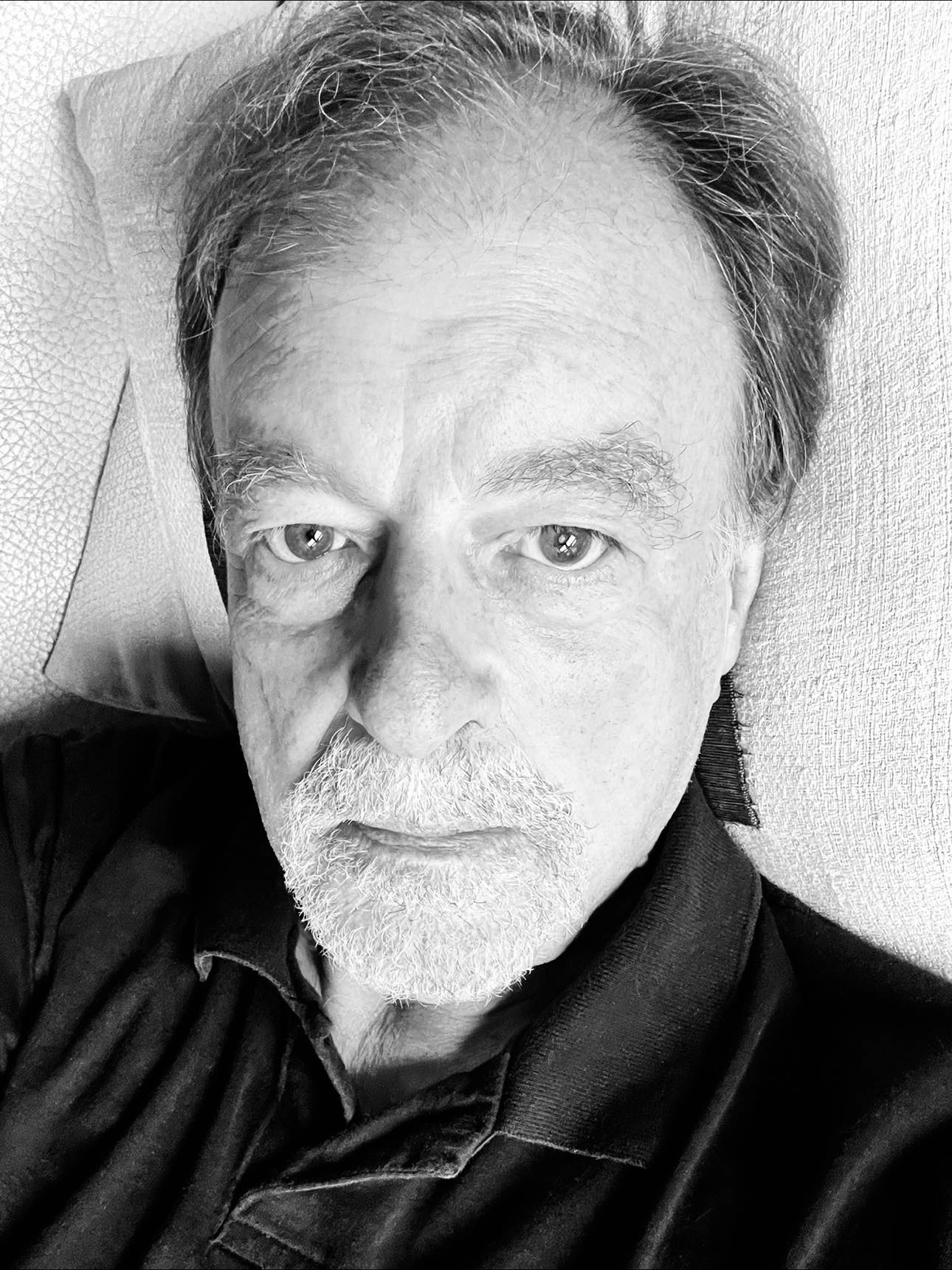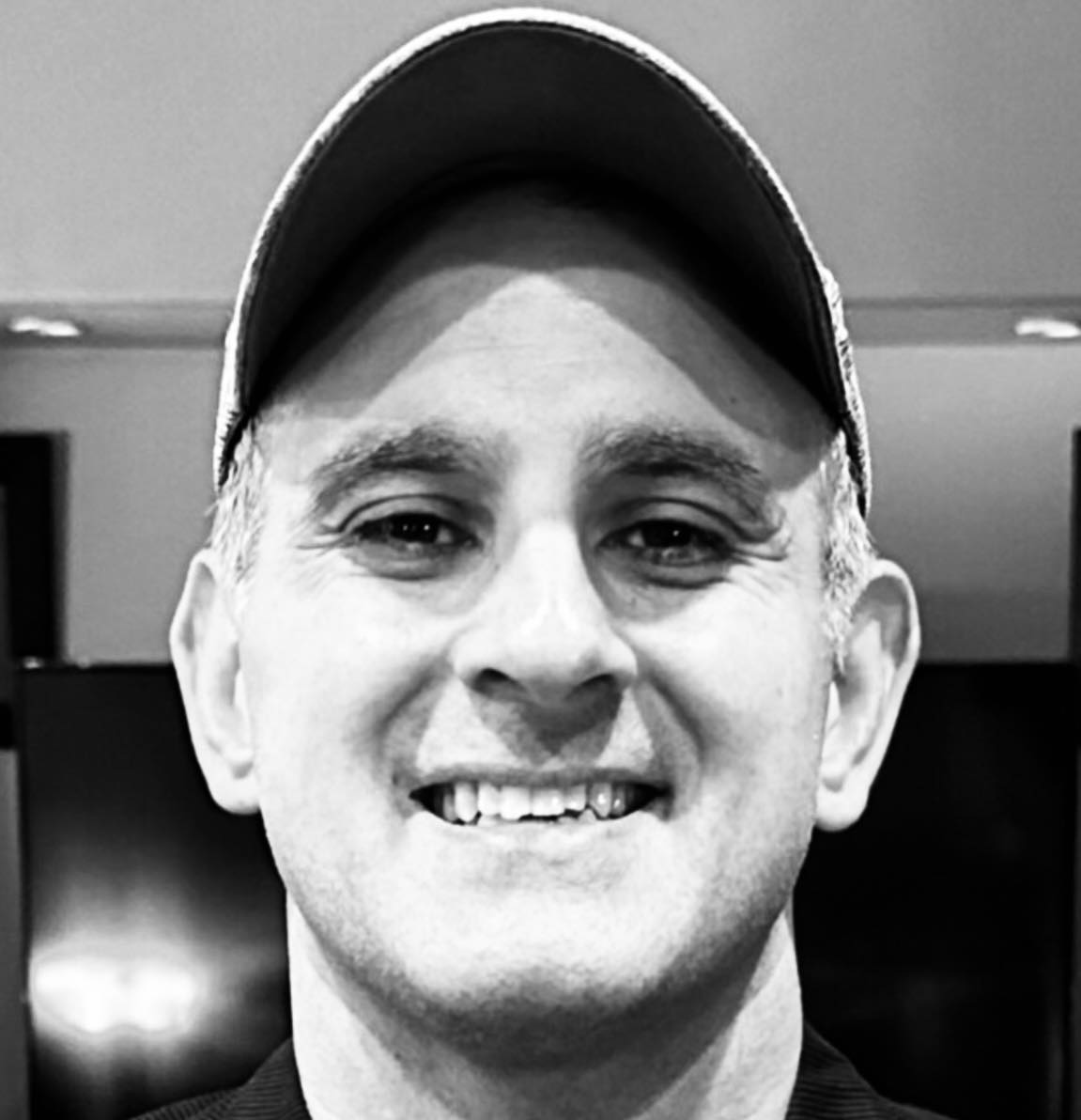
@Studio ZEYKAH
Awarded movie : L’Amour est temps de reflets, 2023, 5 min 20 s
(Love is time of reflections)
Director Yann Richebourg
Screenplay, Poem, Voice-over Yann Richebourg
Cast:
Young man Anthyme Huygue
Young woman Emmy Besnier
Crew:
Director of photography, Camera operator Gwennaig Anno-Alanic / Yann Richebourg
Sound Engineer, Voice mixer Simon Oriot
Editor Thibault Barré
Producer: Roselyne Quéméner
Primary genres: dramatic, romantic fiction, poetry
Country: France
Language: French
Year: 2023
L’Amour est temps de reflets is a short “poem-movie” that explores an impossible relationship between a young girl and a young man, conveyed through the reflective power of the mirror. Both implicitly and explicitly, the mirror expresses the cyclical nature of a love destined for a dead end — a love caught in repetition, yet never fully realized.
The title itself plays with the sound of words: temps (time) is a homophone for tant (so much, so many), echoing the dual themes of passing and abundance — of fleeting time and overflowing emotion.
The film gives voice to what is usually silent, reveals what often remains unseen. It is highly visual — almost photographic — built from symbolic gestures, with a poetic voice-over and no dialogue. One of the core intentions is to convey emotional intensity using minimal means.
L’Amour est temps de reflets has garnered numerous awards, honorable mentions, and selections at international film festivals, among them:
Best voice over, Barcelona Independent Film Festival, Spain, February 2024
Best European Director at the Special Event at The 81st Venice International Film Festival, 31st August 2024, Variety, Wild Filmmaker
Best European Short Film Award of The Japan Film Critics Awards 2024, August 2024, The Hollywood Reporter, Wild Filmmaker
Best Poetry Short Film at The Telluride New Stories Film Festival 2024, September 2024, Variety, Wild Filmmaker
Best European Filmmaker & Best European Indie Cinematographer at The Spain CinemART Film Festival 2024, September 2024, The Hollywood Reporter, Wild Filmmaker
Best Indie Short Film at The San Francisco Film Lab Awards 2024, October 2024, Variety, Wild Filmmaker
Best European Short Film & Best Arthouse Editing at The British Film Critics Awards, October 2024
Best Inspirational & Best European Short Film2025 at the Independent Special Even at Sundance, First Selection, 4th February 2025, The Hollywood Reporter, Wild Filmmaker, Variety
Certain works profoundly influenced me during my teenage years. The intimate and existential struggles of the characters in Dead Poets Society touched me very early on. I was also deeply moved by Total Eclipse and its portrayal of Rimbaud and Verlaine — a raw depiction of creation, chaos, and poetic passion.
Barbra Streisand’s recent release, Love Will Survive, for The Tattooist of Auschwitz, resonated with me deeply. Back in 2009, she released an aptly titled album, Love Is the Answer. I genuinely believe that love is a timeless theme — perhaps the only truth powerful enough to heal us, and more than anything, the strongest weapon we have against humanity’s darkest moments. We need emotion.
As someone passionate about singing and lyric writing, I was especially sensitive to the fusion of words, voice, and direction in Yentl. Visually, I was struck by the expressive close-ups in La Haine, the formal elegance of Gattaca, and the architectural precision of 2001: A Space Odyssey.
As a self-taught French artist, my work spans multiple disciplines — photography, poetry, cinema, and performing arts — all coming together to blend visual and literary expression.
In 2022, several of my photographic works were honored with a Certificate of Artistic Merit from the Luxembourg Art Prize.
At the same time, I’ve remained committed to humanitarian work. One project of particular significance was a photographic making-of book documenting a theater production involving refugees. This initiative reflects my belief in using photography as a tool for social engagement and collective storytelling.
If I had to put into words what drives, my art it would be:
“A camera is a second hand to write.”
Main Awards:
Best Poetry Film, Event in Toronto 1st edition 8 & Halfilm Awards, Canada, Québec, 2023
Best Indie Short Film & Best European Director, Naples Film Awards, August 2023
Best Indie Short Film, Milan Gold Awards, September 2023
Silver Award Indie Short Film, Hollywood Gold Awards, September 2023
Award Nominee Short category, altff, autumn 2023
Gold Award Indie Short Film, London Movie Awards, November 2023
Best Indie Narrative (Low Budget), Cannes Cinema Meeting Awards, February 2024
Best Indie Short Film (Low Budget), Frida Festival, Marseille International Film Meeting 2024
Best Romance Short Film & Best Original Editing, 8 & Halfilm Silent Poetry Film Festival in Tibet, February 2024
Best voice over, Barcelona Independent Film Festival, Spain, February 2024
Best Artist of the Year, Spain International Film Awards, NFA, IMDb, International Academy Arthouse Fest, 2024
Best Poetry Short Film, The Dreamers Film Festival, Santa Barbara International Indie Fest, USA, March 2024
Best International Videopoetry & Best Indie Short (Low Budget), The Indie Filmmaker Hall of Fame Awards, May 2024
Best Indie Narrative (Low Budget), IF Indie Festival Cannes 2024
Best International Videopoetry & Best Indie Short (Low Budget) in The New Yorker Indie Critics’ Choice Awards 2024
Best European Director, Best Romance Short at The Gabriel García Márquez Prize, June 2024
Best Indie Director & Best European Short at The Sun Dance in Paris Film Awards 2024
Adelia Sancado, Sun Dance in Paris Film Awards
Best Art Short Film & Best European Indie Filmmaker at The Maverick International Film Festival, June 2024
Best Poetry Film, Best Original Short Film at The Swedish Critics’ Choice Awards 2024, June 2024
Best European Short Film Award of The Japan Film Critics Awards 2024, August 2024, The Hollywood Reporter, Wild Filmmaker
Best Arthouse European Director & Best Cinematographer at The Monaco Film Meeting 2024 sponsored by Wild Filmmaker
Best European Director at the Special Event at The 81st Venice International Film Festival, 31st August 2024, Variety, Wild Filmmaker
Best Original Narrative Short, for the Best Cinematic Project of the Year 2024, September 2024, an award also presented during the 81st Venice International Film Festival
Best Poetry Short Film at The Telluride New Stories Film Festival 2024, September 2024, Variety, Wild Filmmaker
Best European Filmmaker & Best European Indie Cinematographer at The Spain CinemART Film Festival 2024, September 2024, The Hollywood Reporter, Wild Filmmaker
Best Indie Short Film at The San Francisco Film Lab Awards 2024, October 2024, Variety, Wild Filmmaker
Best European Indie Narrative at The Italian Grand Prix 2024 which featured Academy Award winning special guest Nick Vallelonga in Matera, Italy, the screenwriter of “Green Book” with Viggo Mortensen and Mahershala Ali, November 2024
Best Inspirational & Best European Short Film2025 at the Independent Special Even at Sundance, First Selection, 4th February 2025, The Hollywood Reporter, Wild Filmmaker, Variety
Best Inspirational & Best European Short Film 2025 at Special Event at The 75th Berlin International Film Festival,February 2025
Best Inspirational Film & Best European Short Film 2025 at The Indie Oscar Awards, March 2025, a project promoted by Wild Filmmaker
Best European Narrative Short of the Year, Best Indie Director & Best Screenplay Short, for The international association of the AMDb Arthouse Movie Database Critics’ Choice Awards 2025, March 2025
Best Romance Short Film, Best Cinematography (Category: Indie Narrative Short), Best Indie Screenplay Short & Best European Filmmaker at The Film Emmy Awards 2025, March 2025.
The Film Emmy Awards Team, NY – LA – Rome – London – Paris – Atlanta – Venice – Stockholm
Promoted by Wild Filmmaker
Best Arthouse Editing & Best European Original Indie Filmmaker at The Indie Hall of Fame Awards 2025
Finals:
Finalist, Silver Nominated, Best Short Film, Marbella Movie Magic, Malaga, July 2024
Finalist, 4theatre selection, 2023
Finalist, Lift-Off Global Network, Pinewood Studios, UK, 2023
Finalist, One-Reeler Short Film Competition, Los Angeles, 2023
Finalist as Best Narrative Short, Best Voice over at the World Class Film Awards, Mexico, 2024
Semi-Finalist, San Francisco Arthouse Short Festival, September 2023
Semi-Finalist, Serbest International Film Festival, 2023
Semi-Finalist, Aphrodite Film Awards, New York, 2023
Quarter-Finalist, Vancouver International Movie Awards, September 2023
Honorable mentions:
Honorable Mention among the top 3 Best Cinematography at The Athens International Monthly Art Film Festival, August 2024
Honorable Mention at the bimonthly Monza Film Fest in Lombardy, Italy, July-August 2024
Selections:
Official Selection, Montmartre Movie Extravaganza, Paris, October 2024
Official Selection, The New York Neorealism Film Awards, 2024
Official Selection, The Stanley Kubrick Indie Foundation at Manchester Spirit Awards 2024
Official Selection, director and writer list of the Copenhagen Tribeca Film Fest 2024
Official Selection, Los Angeles Short Film Awards 2024
Official Selection, London Global Film Awards, 2024
Official Selection, Films Infest (NYCIFIF), New York, 2023
Official Selection, Hollywood Independent Filmmaker Awards & Festival, 2023
Official Selection, New York Movie Awards, 2023
Official Selection, Mojo International Film Awards, Melbourne, Australia, 2023
Other selections in short lists for awards:
Best Film Creative, Venice Indie Film Fest, Hollywood OTT, IMDb 2024
Best Filmmaker 2024, Liverpool International Film Fest, IMDb
Official selection as Best Arthouse Filmmaker 2024 at The Shanghai Indie International Film Festival 2024, on Variety
Shortlisted for the POMPEII FILM AWARDS, awarded by a jury that has created films with artists honored by the Academy of Motion Picture Arts and Sciences, BAFTA British Academy Film Awards, and other International Festivals, February 2025


















